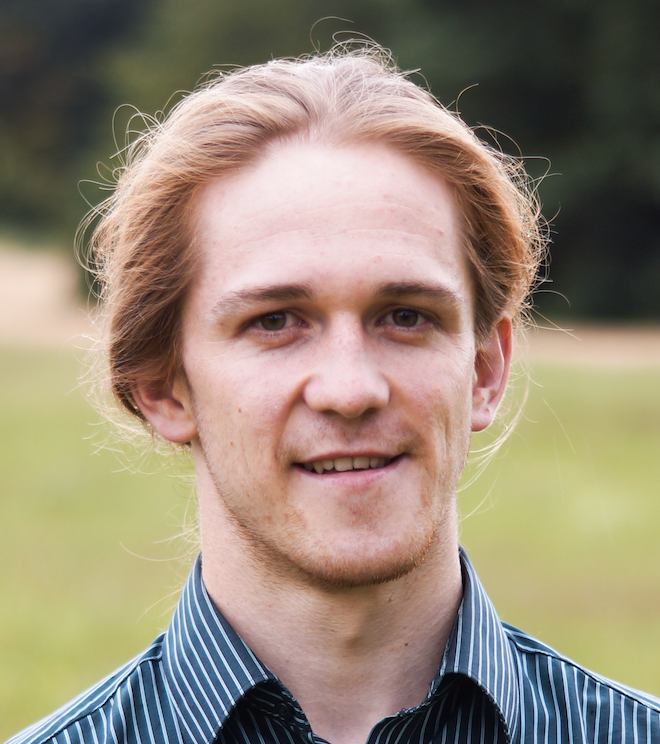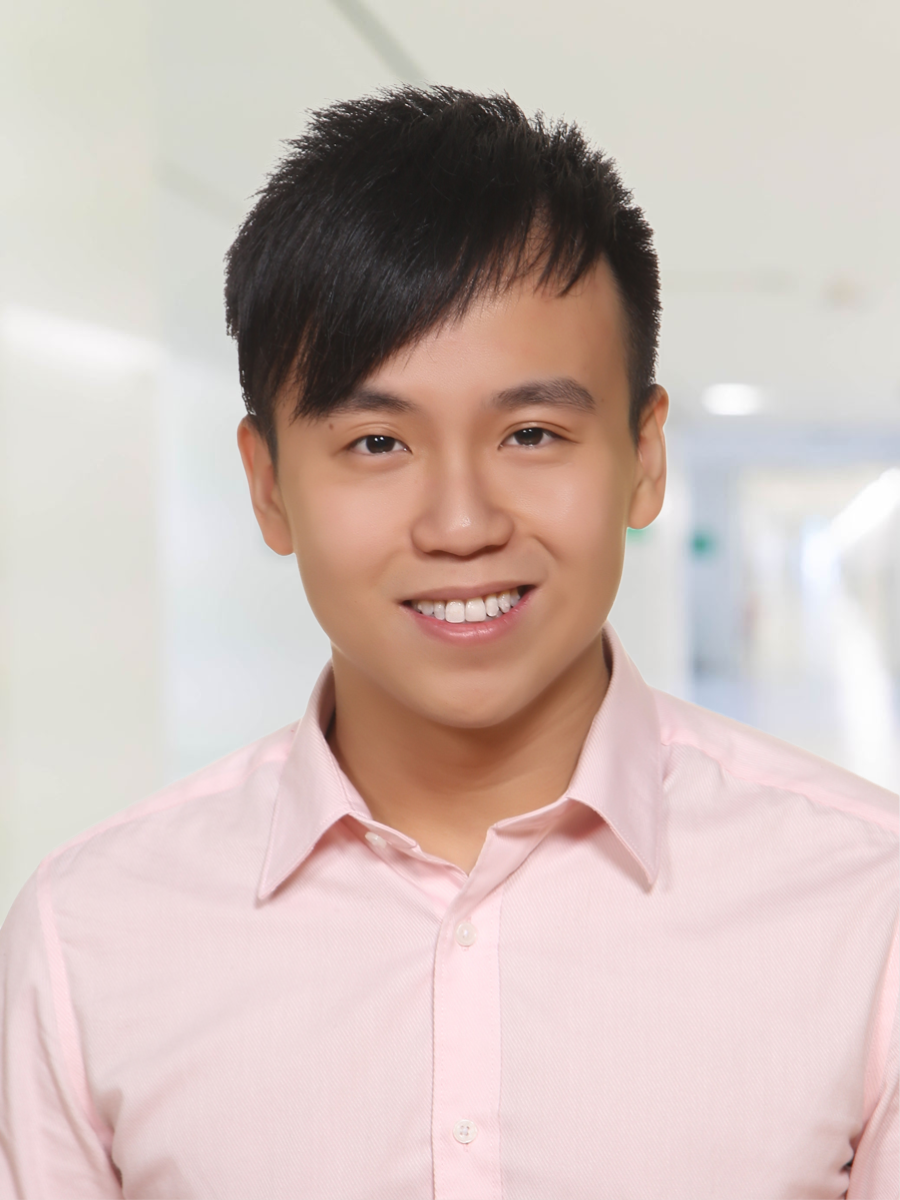Directory
- Share
Jonas Wieschollek
- Scholar
- Germany
- 2023 PhD Law
- Queens' College

Jonas Wieschollek
- Scholar
- Germany
- 2023 PhD Law
- Queens' College
Ever since my internship at the German embassy in Tajikistan in 2018, I have been fascinated by the cultural and linguistic blend of post-colonial and post-Soviet Central Asia. Building on my training as a lawyer and Slavicist from Berlin, Freiburg (both Germany), St. Petersburg (Russia), and Krakow (Poland), my research explores how international lawyers addressed the Russian colonization of Central Asia. To answer this question, I examine 19th-century legal scholarship and diplomacy pertaining to the Russian conquest of Central Asia and the status of non-Western entities under international law more broadly. While the focus is on Russian debates, I treat them as an integral part of the global history of international law and colonialism by including voices from Europe, the Americas and Asia as well. My research offers the first in-depth analysis of the legal dimension of the Russian colonization of Central Asia, yielding insights on persistent inequalities in contemporary international law and Russian neocolonialism. When not leafing through historical law journals or digging in archives, I teach and advocate the rights of refugees and migrants and enjoy cultural diversity by diving into the realm of multilingual pop music.
Previous Education
University of Freiburg Slavonic Philology (MA) 2023
University of Freiburg Russian and German Studies (BA) 2021
University of Freiburg Law (First State Examination) 2020
Ping Lin Yeap
- Scholar
- Singapore
- 2023 PhD Oncology
- Homerton College

Ping Lin Yeap
- Scholar
- Singapore
- 2023 PhD Oncology
- Homerton College
As a medical physicist, I shoot particles at cancer cells. Pew pew. My PhD research focuses on adaptive radiotherapy, which entails adapting cancer treatment plans to patients’ changing anatomies over the course of treatment. I will be developing physics-informed neural networks to generate synthetic CT images from cone-beam CT scans, such that they can be used directly for plan adaptation. This research will hopefully enable and enhance adaptive radiotherapy workflows in the clinic, and contribute towards personalised and precision medicine. Outside of work, I can be found exploring far-flung corners of the world with my camera.
Previous Education
Imperial College London
University of Cambridge








